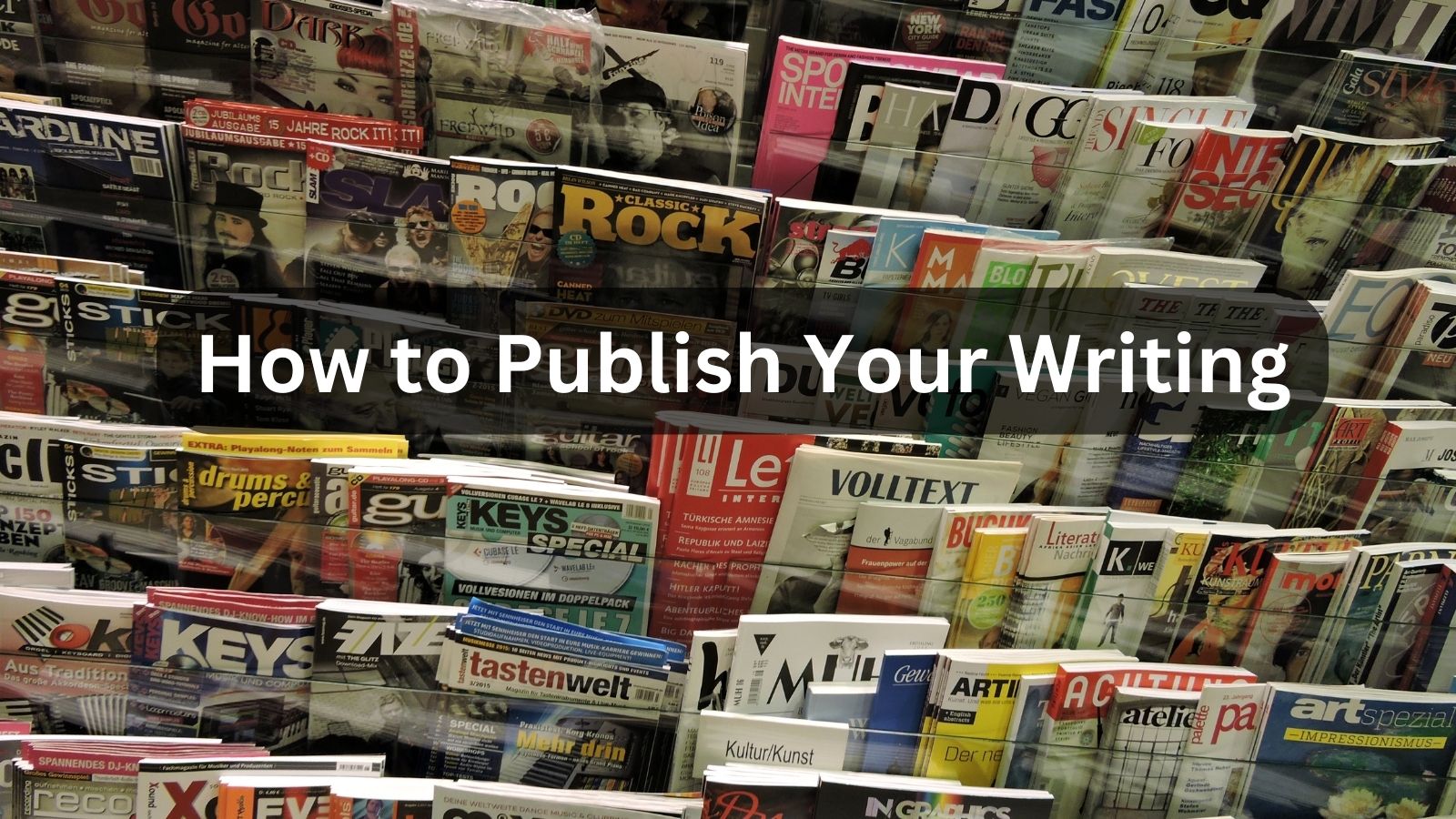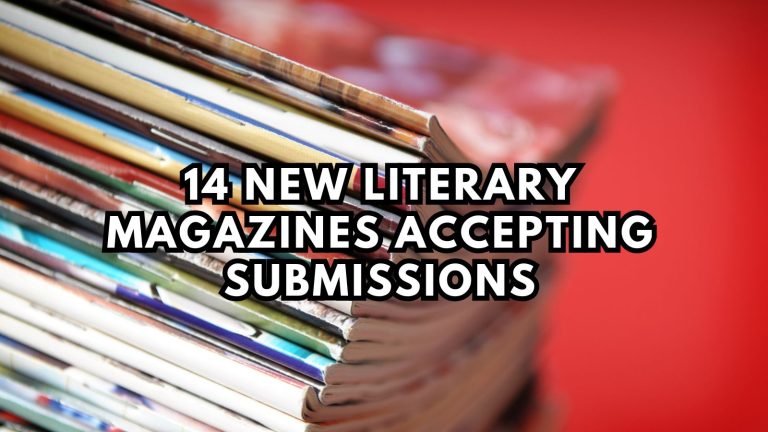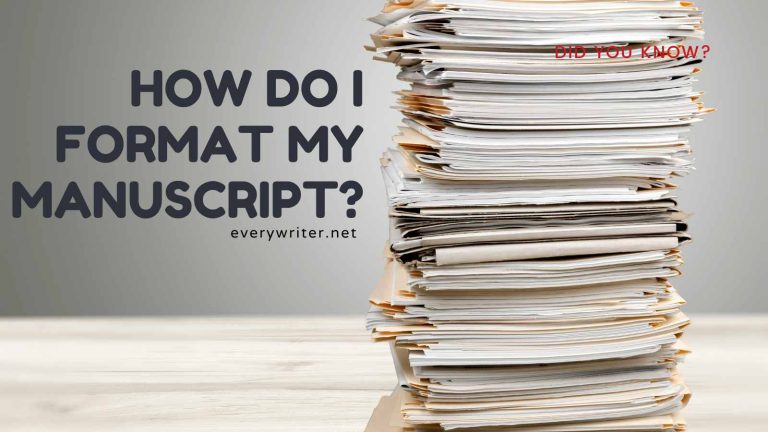How to publish Your Writing in Literary Magazines
It seems simple enough. You’ve written a short story or a poem, and now you want to publish it. There are so many magazines and sites out there that it should be elementary to publish your work. Yet you’ve submitted your work repeatedly, and magazines and sites have consistently rejected you. Why?
People make five major mistakes when submitting their work to magazines. Avoid these five mistakes, and your chances of getting published will skyrocket.
- Follow the Guidelines
Every Writer only accepts submissions of stories that are 500 words or less. How many times per week do I get a submission that is longer than 500 words? It happens every day. Editors want you to pay attention to the guidelines. I know what you are saying, “That’s dumb, and of course, I follow the guidelines.” Really? When is the last time you read the guidelines of a literary magazine? Have you spent time? There are all kinds of requirements people don’t think make a difference. For instance, our guidelines state to make Short Stories your subject line. I do not disqualify for this, but many publications do. We have a dozen submissions per week that need to follow this guideline.
2. Know your market: Read the dang magazine.
It’s insulting to an editor that you don’t read the publication. It sends a message that you are only in it for yourself. On the surface, it seems simple. If you are a science fiction writer, you might not want to submit your work to a magazine looking for love stories. Sure, that makes sense, even though it happens more often than you think. Even though this only happens sometimes, the issue that does occur often is ignoring a magazine’s tone, mood, and nuances. For instance, read a few stories from the magazine first. If you see that all the stories lack curse words, they may not be looking for your profanity-saturated piece. Another magazine might be begging for it. You only know if you take the time to read at least one issue or a few stories.
3. Formality, please
Because the online magazine you send your work to isn’t the New Yorker, please don’t dump work on them. I see it all the time. I get an email with an attachment, no intro, no cover letter, nothing but a file. I delete those, by the way. Little niceties go a long way. You don’t think this has anything to do with publishing, but it is vital. I have spent extra time reading bad poems because the person was polite and pleasant in the email. Send a friendly little cover letter. “Please consider my work…”
4. Bios Matter
I would love to say editors never look at bios, but this is untrue. The magazine’s reputation is directly connected to the quality of writers you publish, so yes, bios matter. Make sure you don’t just say, “Been published in 100s of a magazine.” Be more specific by being brief. If I know the magazines you have been published in and respect them, I will read your work extra carefully. Please don’t think I’m saying you can’t get published if you don’t have a bio. Magazines, even top literary magazines, want to find new talent, so yes, most magazines publish new authors. Even if you have yet to publish, a well-worded biography still helps.
Do not listserv your editors.
On a side note, do not turn your editor’s emails into a mailing list. I was on a strand email recently, where someone had submitted their work to 100s of editors on one mailing. The editors found out, and they went to town on the guy. They made fun of him and much more. Don’t do this—one email per submission.
5. Use a database
The biggest secret to getting published here is using our database. You can use any, but Every Writer has specific search options, like Print Magazines Taking Online Submissions, that is unique. You can search our literary magazines ###here. Even if you don’t use our database, use a database. You want to match your interests and writing style with a magazine. Also, if you are starting, look for new magazines. Some of the well-established magazines hardly take unsolicited submissions. They might publish 1 or 2 new writers per year. You want to start with some good magazines that still take new writers.
6. Edit, edit, edit
If there is a mistake in the cover letter, I usually stop reading it. I read a story just last week that was a remarkable story, but it changed tenses in the middle of the story. It was a mistake. I almost cried when I rejected it, but I didn’t have the time to ask the author for rewrites. Make sure that your work is perfect. If you get a couple of rejections, reread it, proof it, and someone else read it. You may be missing something. Something may be rude or condescending.
7. Be persistent AND flexible.
Last, on our list, keep trying. Don’t give up. Be flexible. Of course, you have to keep sending out your work. Find 5 or 10 places to send it, then repeat. Every five rejections, you must, must, must reexamine your work. If you send out five submissions, check and see why it isn’t working—change your cover letter. Change the work, and proofread everything again.
We have many other articles on publishing.
Updated 1/31/23
- 20 Forgotten Gothic Stories Writers Need to Rediscover - April 18, 2025
- The Writer’s Roadmap: Embracing Outlining (Free Worksheet Included!) - April 15, 2025
- A Complete Guide to the Hero’s Journey in Storytelling (Free Worksheet) - April 10, 2025








This are very good tips. For someone who has been trying to get published in Africa ( 2 short Romance Manuscript), anything I can learn to improve and at least get the editor’s attention is a welcome.
Thank you,
Judy